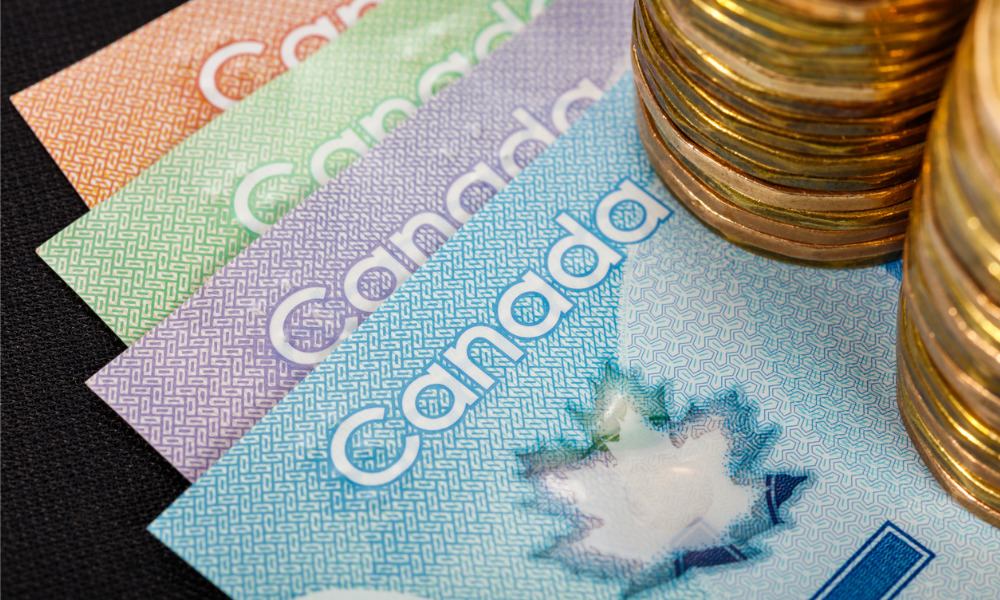Government looking to 'reduce inequality and foster a more inclusive society'

Minimum wage workers across British Columbia are set to receive a pay rise this year, with the government announcing a general wage hike from $15.65 to $16.75 an hour. The hopes are that the 6.9% wage increase will offset cost of living concerns, following the province’s commitment to tie annual minimum wage increases to inflation.
“Having a minimum wage that keeps up with inflation is a key step to prevent the lowest paid workers from falling behind,” says Harry Bains, Minister of Labour. “These workers and their families feel the impacts of high costs much more than anyone else. We are maintaining our policy of tying the minimum wage to inflation.”
Ontario recently announced it is raising the minimum wage in October. And on April 1, Yukon raised its rate from $15.70 to $16.77 per hour.
Nova Scotia recently announced it will hasten an increase to the province’s minimum wage, due largely to high inflation.
This increase will impact around 150,000 workers across B.C., taking the province’s minimum wage from one of the lowest to one of the highest in Canada. The change will take effect on June 1, 2023.
“Elevating the minimum wage is a necessary response to inflation,” adds Jim Stanford, director of the Centre for Future Work.
“The inflation we are experiencing now in B.C. is driven by profits, not wages. It is unfair to expect the most vulnerable workers to give up some of their non-discretionary income because of record high inflation. By ensuring fairer compensation for our lowest-paid workers, we will reduce inequality and foster a more inclusive society.”
Employees of federally regulated workplaces also saw a new floor for their hourly salaries.
Inflation concerns
Inflation and cost of living concerns have been key issues for employers in 2023, with employees battling for higher wages while organizations try to keep their costs down.
Earlier this year, Manitoba announced its own minimum wage hike from $13.50 to $15.30 per hour, as of Oct. 1, 2023. Again, this change is reflective of inflation rates in the province, with Labour and Immigration Minister Jon Reyes adding that the move was intended to help balance the financial realities of Manitoba workers and the economic challenges for small businesses.
Similarly, Quebec’s minimum wage is set to increase by $1 as of May 1, 2023. However, in this case, some advocates don’t believe the raise goes far enough. Liberal MP Madwa-Nika Cadet tweeted that while it’s “a step forward” it’s not enough to catch up with the inflation rate.




